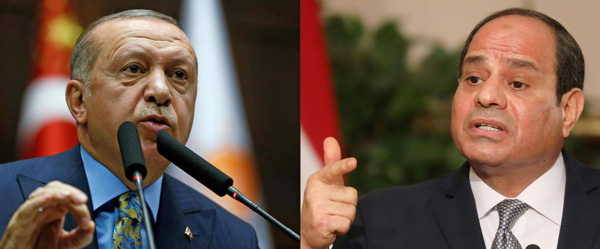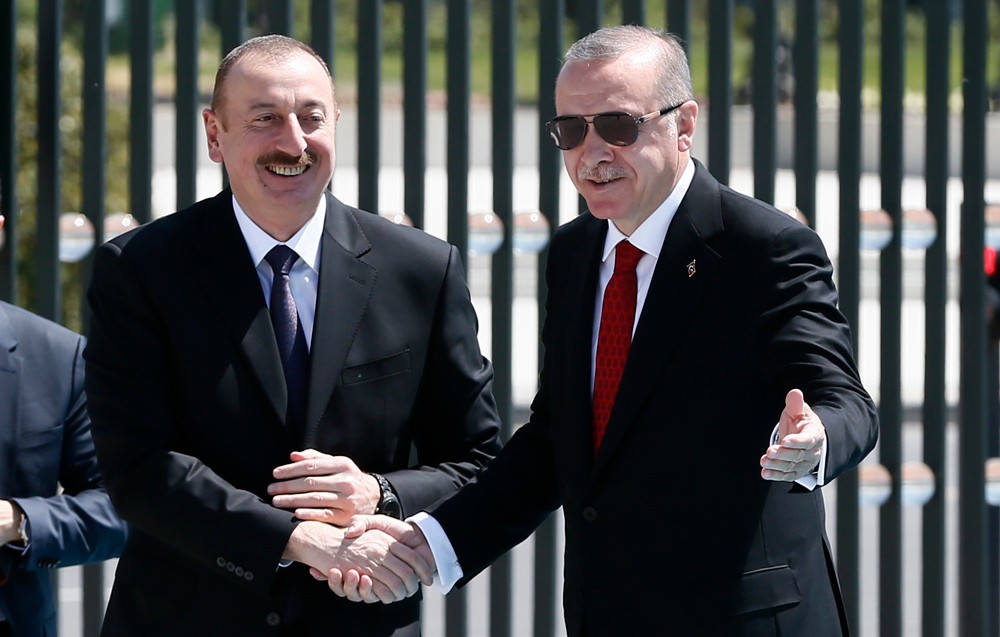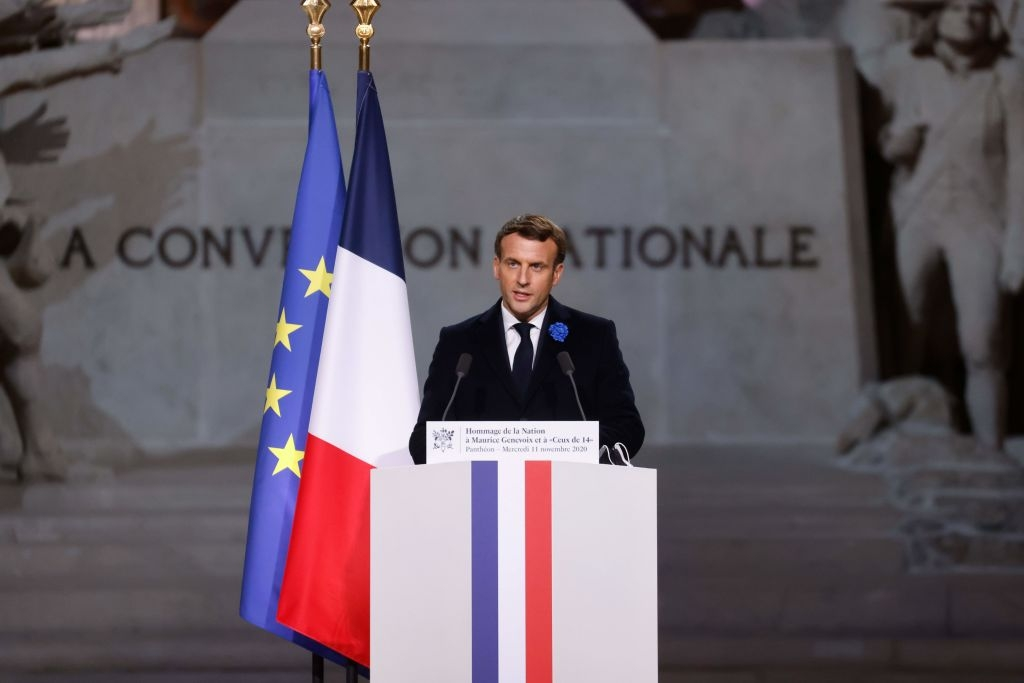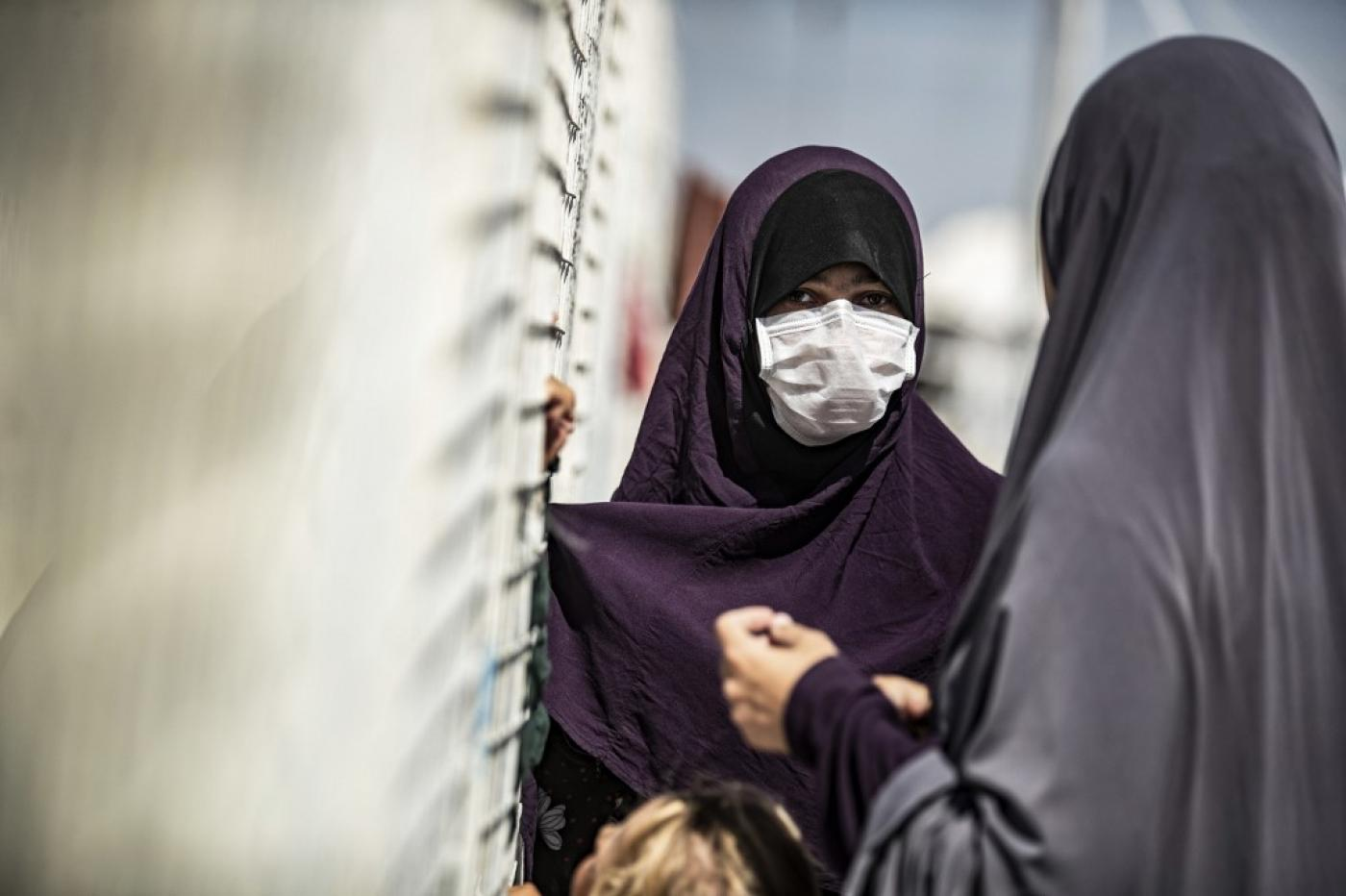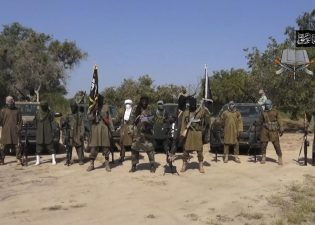L’islamisme, le surmoi de l’islam ?
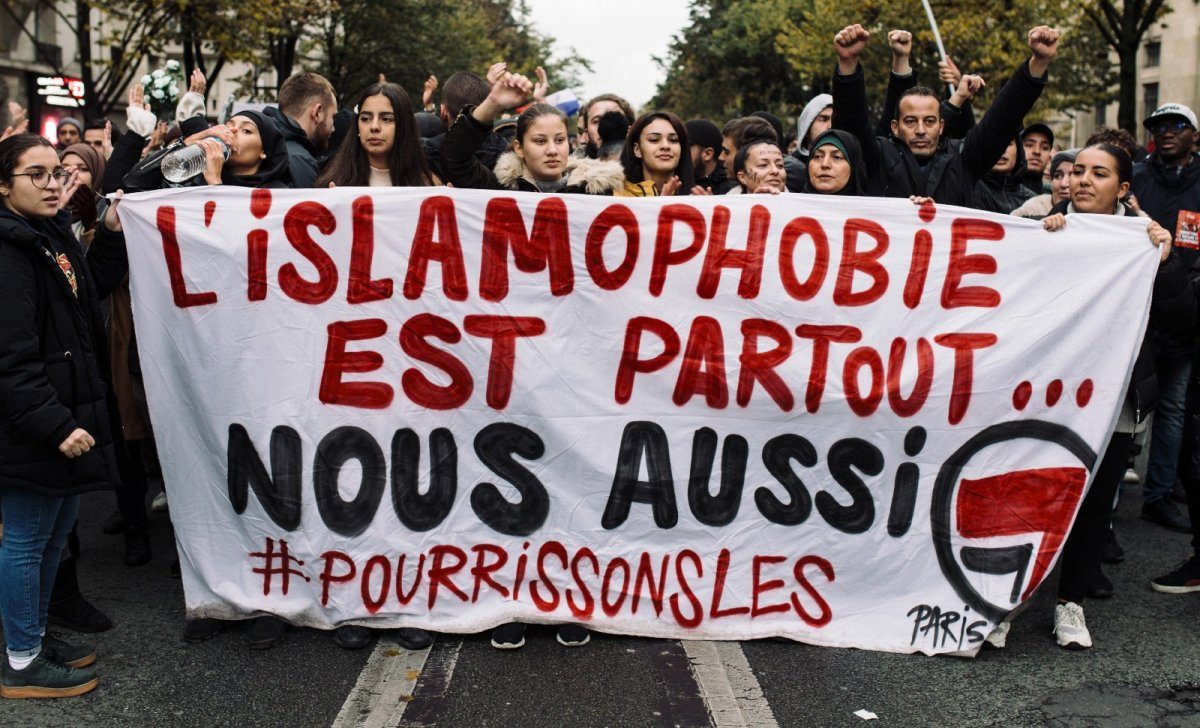
Après des décennies de violence on ne peut plus dire que l’islam n’a rien à voir avec l’islamisme. Chaque attentat met en évidence une cascade de complicités allant de la relativisation à l’apologie, de l’indulgence à la justification, le tout enrobé d’un complotisme victimaire.

